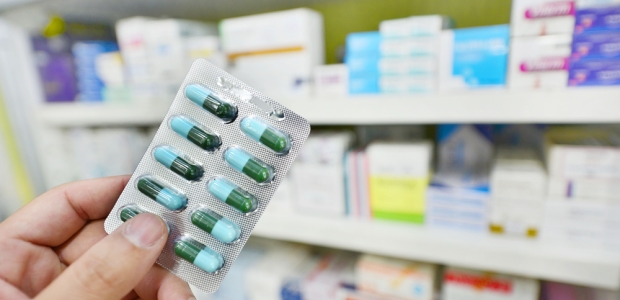
Canada Boosts Oversight of New Drugs
Included are far tougher new penalties for unsafe products, including jail time and new fines of up to $5 million per day instead of the current $5,000.
Health Canada on April 21 proposed new regulations that would allow it to identify, assess, and respond more quickly and effectively to safety issues that emerge after a drug comes on the market. The new regulations are provisions of the Protecting Canadians from Unsafe Drugs Act, known as Vanessa's Law, that did not come into effect immediately when that law was enacted in 2014.
Under them, Health Canada would be able to require companies to conduct new tests or studies or to compile new information and report back to the department. Companies also will be required to "notify Health Canada of any actions requested or required by a regulator in another jurisdiction such as risk communications, label changes, recalls, or license suspensions. Failure to comply could result in companies being subject to increased fines and penalties which have already come into force" under the act, according to the agency.
The act applies to therapeutic products, including prescription and over-the-counter drugs, vaccines, gene therapies, cells, tissues and organs, and medical devices. The amendments don't apply to natural health products, which continue to be regulated under the existing Natural Health Product Regulations of the Food and Drugs Act.
The new legislation will allow the government to:
- Require strong surveillance, including mandatory adverse drug reaction reporting by health care institutions
- Recall unsafe therapeutic products
- Impose tough new penalties for unsafe products, including jail time and new fines of up to $5 million per day instead of the current $5,000
- Provide the courts with discretion to impose even stronger fines if violations were caused intentionally
- Compel drug companies to revise labels to clearly reflect health risk information, including potential updates for health warnings for children
- Require drug companies to do further testing on a product, including when issues are identified with certain at-risk populations such as childrenM